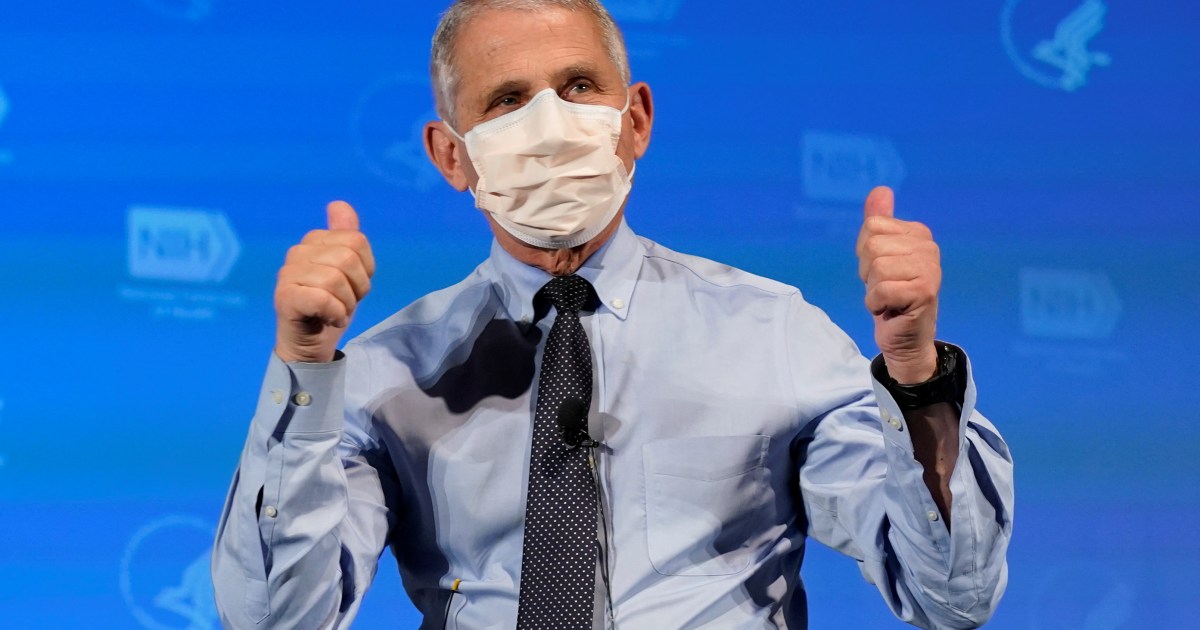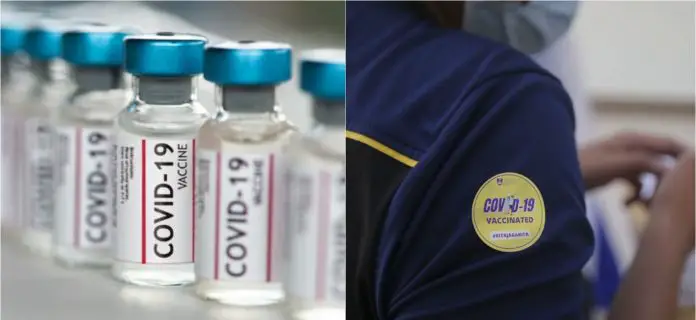More than a year has passed since the beginning of the COVID-19 pandemic. We can now see a glimmer of hope thanks to the vaccines being rolled out. Yes, the vaccines are here! The aim now is for countries across the world to vaccinate as many people as possible. After all, this is the only way for things to go back to the normal we once knew. Additionally, it will definitely help all of us to beat this virus. However, some of you might be unsure about it so here’s a quick look at the COVID-19 Vaccines.
COVID-19 Vaccines

Researchers and medical professionals around the world have been working hard to release a safe vaccine. We currently have a few varieties which are Pfizer, Moderna, and Johnson and Johnson. Are you wondering how they could roll out vaccines so soon? You should know that researchers were not starting from scratch. SARS-CoV-2 is the virus that causes COVID-19 and belongs to the coronavirus family.
There are hundreds of coronaviruses including those that cause a common cold and also the emergence of MERS in 2012. All this means that scientists have actually been studying coronaviruses for over 50 years. As a result, scientists already had existing data on the structure, genome, and life cycle of this type of virus. However, it is still not an easy feat to create a vaccine in a year and it’s all thanks to collaborative efforts of researchers around the world.
Which is Better?
We have included a video from Vox on how the different vaccines cannot be so easily compared. It is not a matter of this is better than that because of this specific reasons. There are a lot of different factors that need to be taken into consideration if you even start to compare the vaccines.
For example, have you heard the term ‘efficacy rates’ being thrown around? A vaccine needs to go through clinical trials before it can be fully released. In this trial, part of the participants receive a placebo while the other part receives the vaccine.
The number of participants who receive the vaccine and still get infected will determine the efficacy rate. Essentially, the less the number of infected participants, the higher the efficacy rate. However, as the video explains, you will need to take in factors such as time of the year, which part of the wave it coincides with, and also what part of the world it is conducted in.
Why Should You Get Vaccinated?

Many of us have seen the recent news on Malaysian frontliners still getting infected despite receiving their COVID-19 Vaccines. Now, this might cause some worry and doubt in many of us. Why should we get the vaccine if we can still be infected?
The truth is that the vaccine is not 100% effective at preventing COVID-19 infections. However, it definitely helps to lower the risks of symptoms, hospitalisation, and death. In the clinical trials, each participant who received the vaccine and still got infected also saw lower severity of symptoms. There were also no hospitalisations and no deaths.

At the end of the day, you should get vaccinated because it gives you a much better chance in fighting the virus whether you are infected or not. Moreover, it can help to reduce the spread of the virus. This is especially important when it comes to those who are unable to receive the vaccine due to medical conditions. By vaccinating yourself, you can protect yourself, family, friends, and your community.















